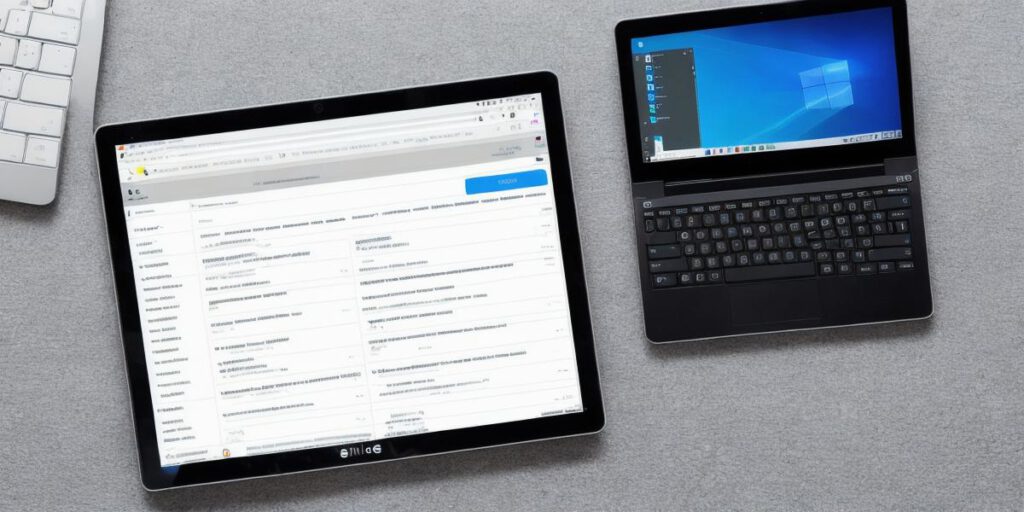What software is best for efficient data entry

Introduction
Data entry is a crucial task that is often time-consuming and prone to errors. However, with the right software, data entry can be made more efficient, accurate, and enjoyable. In this article, we will explore the top 5 software options for efficient data entry and discuss their features, benefits, and drawbacks.
1. Microsoft Excel

Microsoft Excel is a widely-used spreadsheet program that is perfect for data entry. It offers a wide range of features such as formulas, charts, and tables that make it easy to organize and analyze data. With its user-friendly interface and extensive support, Excel is a great choice for beginners and experienced users alike.
2. Google Sheets
Google Sheets is a cloud-based spreadsheet program that allows users to collaborate on data entry projects in real-time. It offers many of the same features as Microsoft Excel, including formulas, charts, and tables. With its cross-platform compatibility and automatic backups, Google Sheets is an excellent choice for remote teams and individuals who need to access their data from anywhere.
3. Zoho Books
Zoho Books is an accounting software that includes features such as invoicing, expense tracking, and bank reconciliation. It also offers a user-friendly interface that makes it easy to enter and manage data. With its robust reporting capabilities and integration with other Zoho applications, Zoho Books is an excellent choice for small businesses and freelancers.
4. Airtable
Airtable is a versatile database software that can be used for data entry, project management, and more. It offers a wide range of features such as forms, relationships, and automations that make it easy to organize and analyze data. With its customizable interface and flexible pricing plans, Airtable is an excellent choice for businesses and individuals who need a flexible and scalable solution.
5. FreshBooks
FreshBooks is a time-tracking and invoicing software that includes features such as expense tracking, project management, and client management. It offers a user-friendly interface that makes it easy to enter and manage data. With its robust reporting capabilities and integration with other apps, FreshBooks is an excellent choice for small businesses and freelancers.
Case Studies and Personal Experiences

To help illustrate the benefits of these software options, let’s take a look at some case studies and personal experiences:
Case Study 1: Microsoft Excel
Sara runs a small accounting firm that specializes in data entry for small businesses. She has been using Microsoft Excel for years and finds it to be a reliable and efficient tool for her work. With its extensive range of features and customizable interface, Sara is able to easily organize and analyze her clients’ financial data.
Case Study 2: Google Sheets
John runs a marketing agency that works with remote teams from around the world. He has been using Google Sheets to manage his team’s projects and data entry tasks. With its cross-platform compatibility and real-time collaboration capabilities, John is able to ensure that everyone on his team is working with up-to-date information.
Personal Experience 1: Microsoft Excel
As a high school student, I used Microsoft Excel to organize my grades and study schedule. I found it to be an efficient and user-friendly tool for keeping track of my progress and identifying areas where I needed to improve. With its wide range of features and customizable interface, I was able to create a system that worked best for me and helped me achieve my academic goals.
Personal Experience 2: Airtable
As a project manager for a small business, I used Airtable to manage our clients’ projects and data entry tasks. I found it to be a flexible and scalable solution that allowed us to customize the interface to meet our specific needs. With its wide range of features and robust reporting capabilities, I was able to ensure that everyone on my team was working with up-to-date information and that projects were completed on time.